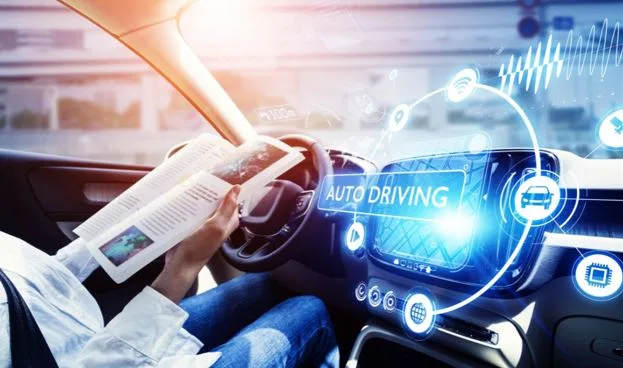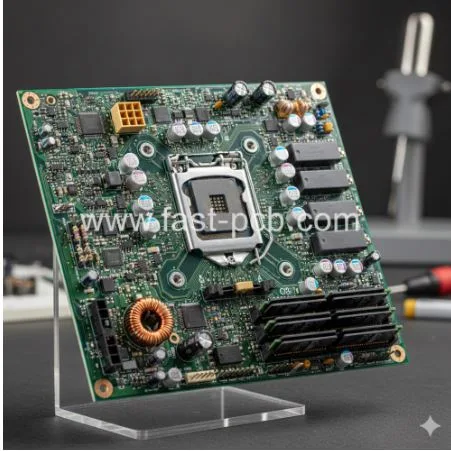Middle East Shifts Gears Toward a New Automotive Era in 2025
The Middle East automotive market is experiencing a significant transformation in 2025, as new technologies, sustainable mobility initiatives, and evolving consumer preferences redefine the way people buy, use, and think about cars. Governments, manufacturers, and digital platforms are working together to reshape the region’s transportation future creating opportunities for both local and international players.
Rising Demand for Electric and Hybrid Vehicles
Electric vehicle (EV) adoption is no longer a niche trend in the Middle East. Countries such as the UAE, Saudi Arabia, and Qatar have launched major infrastructure projects to support EV growth, including the installation of hundreds of public charging stations and incentives for eco-friendly car ownership.
Industry analysts predict EV sales in the GCC could rise by over 25% in the next two years, with the UAE aiming for half of all cars on the road to be electric by 2050. This rapid adoption is driven not only by environmental goals but also by consumer interest in modern technology, reduced fuel costs, and advanced driving experiences.
Digital Platforms Driving Change in Car Buying
Car buyers in the Middle East are increasingly turning to online platforms to research, compare, and even purchase vehicles. Platforms like http://www.icartea.com are at the forefront of this shift, providing a one-stop hub for browsing, selecting, and learning about cars.
By offering detailed automotive news, reviews, and comparison tools, Cartea helps users make confident purchasing decisions without the need for multiple dealership visits. The rise of such platforms aligns with a broader global trend of digital-first car shopping, which is expected to dominate by the end of the decade.
Government Initiatives Supporting Sustainable Mobility
Middle Eastern governments are implementing bold policies to steer the automotive sector toward a sustainable future. Saudi Arabia’s Vision 2030 plan includes targets for 30% of vehicles in Riyadh to be electric by the end of the decade, while the UAE is investing heavily in smart transportation solutions, from autonomous shuttles to AI-powered traffic management systems.
These strategies are also encouraging global automakers to invest in local manufacturing. In recent years, several partnerships have been formed between international EV brands and regional companies to assemble vehicles closer to the market, reducing costs and improving supply chain efficiency.
Tech Innovation Transforming the Driving Experience
Automotive technology is evolving rapidly, and Middle Eastern consumers are showing strong interest in the latest innovations. From connected car systems with real-time traffic updates to advanced driver-assistance features, buyers in the region expect modern vehicles to deliver both convenience and safety.
Artificial intelligence, augmented reality dashboards, and integrated payment solutions for tolls and parking are becoming standard in high-end models. As these technologies trickle down to more affordable vehicles, the everyday driving experience in the Middle East will look very different by 2030.
Regional Market Outlook for 2025 and Beyond
Market experts forecast steady growth in both conventional and alternative fuel vehicles over the next five years. While EVs will continue to gain traction, demand for fuel-efficient petrol and hybrid models will remain strong due to varying infrastructure readiness across the GCC.
The used car market is also expanding, supported by online resale platforms and certified pre-owned programs from major brands. Digital trust, transparent pricing, and quick financing options are expected to play a major role in attracting customers.
Conclusion:
The Middle East automotive industry is entering an era of unprecedented change. With strong government backing, tech-driven innovation, and the rise of platforms like Cartea empowering buyers, the region is set to become one of the most dynamic automotive markets in the world. As consumer expectations evolve, the winners will be those who combine sustainability, technology, and convenience into a seamless driving experience.




